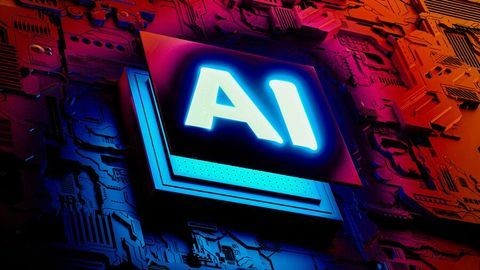Enfish: Some Software is Patentable After All
Client Alert | 2 min read | 05.16.16
This past Thursday, the Federal Circuit, in Enfish v. Microsoft, provided some further clarification on what constitutes an abstract idea under 35 U.S.C. § 101 (“Section 101”). Specifically, the Court ruled that the claims of two patents directed to a “self-referential” computer database are not directed to an abstract idea and are therefore patent-eligible under Section 101. This decision is yet another example of the Federal Circuit’s attempt to clarify the meaning of “abstract idea” in view of the U.S. Supreme Court’s ruling in Alice v. CLS Bank, 573 U.S. __, 134 S. Ct. 2347 (2014). In Enfish, the Federal Circuit held that the patent claims are directed to a specific improvement to the way a computer itself operates, not to abstract tasks that are merely implemented on a computer in its ordinary capacity. This ruling reversed the Central District of California’s invalidation of the patents as being directed to “organizing information using tabular formats,” bucking the recent trend of courts across the U.S. invalidating patents under Alice.
In so doing, the Federal Circuit held that the district court read the patent claims too broadly. Specifically, the Federal Circuit observed that the claims were described at a “high level of abstraction” and untethered from the language of the claims, all but ensuring that the exceptions to Section 101 swallow the rule. The patent claims are directed to a logical model for a computer database, explaining how the various data elements are related to one another and generally results in the creation of particular tables of data, but does not describe how the bits/bytes of those tables are arranged in physical memory. Contrary to conventional logical models, the patented model includes all data entities in a single table, which is described in the patents as the “self-referential” property of the database. The Federal Circuit held that the claimed invention is an improvement over existing database technologies because it allowed for faster searching of data, more effective storage of data, and more flexibility in configuring the database. The decision emphasized that the Federal Circuit does not read Alice to broadly hold that all improvements in computer-related technology are inherently abstract.
This ruling comes on the heels of the U.S. Patent and Trademark Office’s recent instructions to its examiners that more detailed explanations must be provided when claims are rejected as being patent-ineligible under Alice. The Federal Circuit ruling is a reminder that patent claims must be read as a whole when analyzing eligibility under Section 101, and care must be taken not to simply water-down the claims to a high-level, abstract concept. Enfish should also guide those drafting claims to provide, when possible, more detail and context to the features of the claims, even if the broader subject of the features could be viewed as patent-ineligible subject matter.
Contacts
Insights
Client Alert | 4 min read | 05.07.25
FTC Cracks Down on AI Model’s AI Detection Claims
The Federal Trade Commission (FTC) issued a proposed order prohibiting Workado, LLC, from advertising the accuracy of its artificial intelligence (AI) detection products unless it possesses competent and reliable evidence demonstrating that the model performs as depicted.
Client Alert | 3 min read | 05.07.25
NIH Continues Grant Awards Overhaul With New Limitations on Foreign Subawards
Client Alert | 10 min read | 05.06.25
Client Alert | 1 min read | 05.05.25



